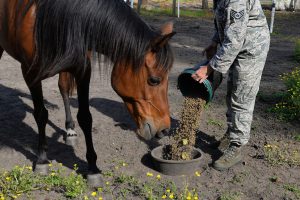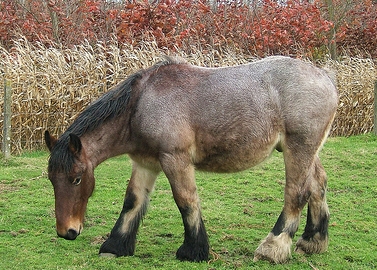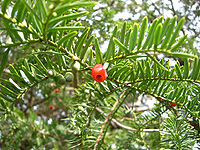
That old saying, “you’re only as old as you feel,” can hold true for horses too. Opinions differ about what age a horse is considered a senior, with 20 years old being the average. But age doesn’t always determine how a horse functions.
If your older horse has reached the point where s/he is not maintaining body condition, it may be necessary to supplement or feed senior food.
However, before you make any changes in diet, have your vet complete a thorough examination of your horse. There may be joint problems and pain that can cause your horse to eat less and lose weight. The same is true if there is a dental issue or some other reason that will not be fixed by changes in diet.
If there are no underlying conditions, it’s possible that your horse is not effectively using the nutrients from the present diet and will need a boost from supplements advised by your vet. Your senior may require a bit more protein and/or a vitamin/mineral supplement.
Often, senior commercial feeds are complete and no added hay is necessary. Butalways check labels to make sure the proper nutrients are present.
If your horse is able to chew forage, a partial addition of senior feed may be all that’s necessary. Just make sure the diet is balanced and your horse is getting the right amount of nutrients to maintain good health.


